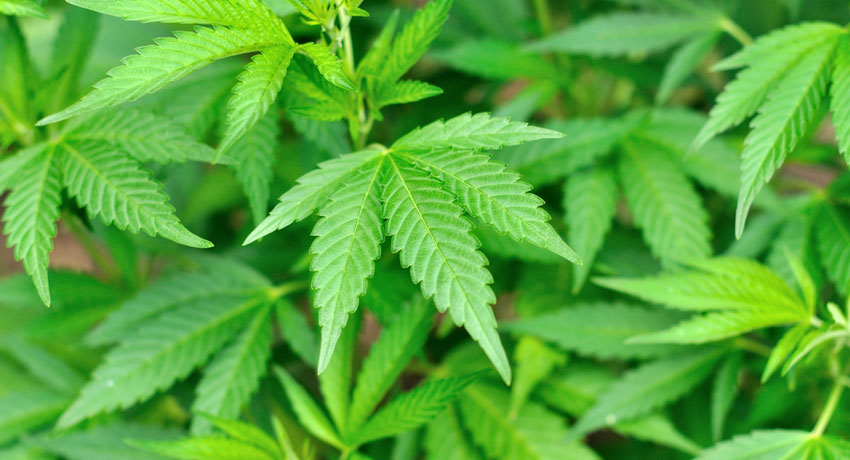Marijuana Could Help Diabetes Patients, Study Says

Marijuana plant image via shutter stock
Medical marijuana has been used for years to treat a variety of ailments. The FDA has approved a synthetic form of its most active ingredient for use in treating the side effects of chemotherapy, AIDS-induced anorexia, and nausea, among other things. Now, Harvard Medical School is applying marijuana’s medicinal purposes to a new group of patients — those suffering from diabetes.
In a study published in The American Journal of Medicine, Harvard Medical School researchers at Beth Israel Deaconess Medical Center analyzed data collected from over 4,500 patients currently diagnosed with diabetes. The patients underwent tests to determine levels of insulin and glucose and the insulin resistance measures inherent in their blood.
Patients who reported using marijuana in the past month tested with 16 percent lower levels of glucose and lower levels of insulin resistance. Those who reported using marijuana only once and not within the previous 30 days had slightly higher levels, but still less than those who had never used marijuana.
These findings suggest that use of marijuana can improve the status of diabetes patients’ disease by reducing their blood sugar levels and allowing their body to produce more insulin. The reports from the patients who used marijuana more than 30 days prior to the tests suggest that the effects of the drug on blood levels is temporary and therefore must be repeated on a regular basis.
Lead investigator Dr. Murray Mittleman, a Harvard Medical School associate professor of medicine, said in a report:
“Previous epidemiologic studies have found lower prevalence rates of obesity and diabetes mellitus in marijuana users compared to people who have never used marijuana. But ours is the first study to investigate the relationship between marijuana use and fasting insulin, glucose, and insulin resistance.”
The recent legalization of marijuana by a handful of states, and the District of Columbia, present new possible opportunities for medical investigators to complete similar investigative work and study the healing properties of the previously universally illegal drug.


